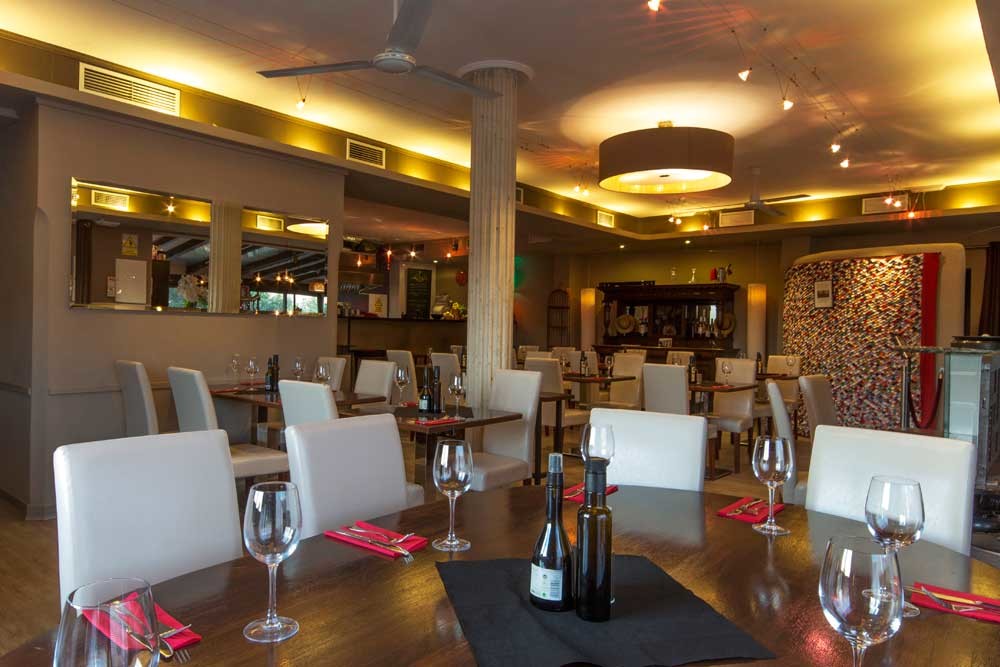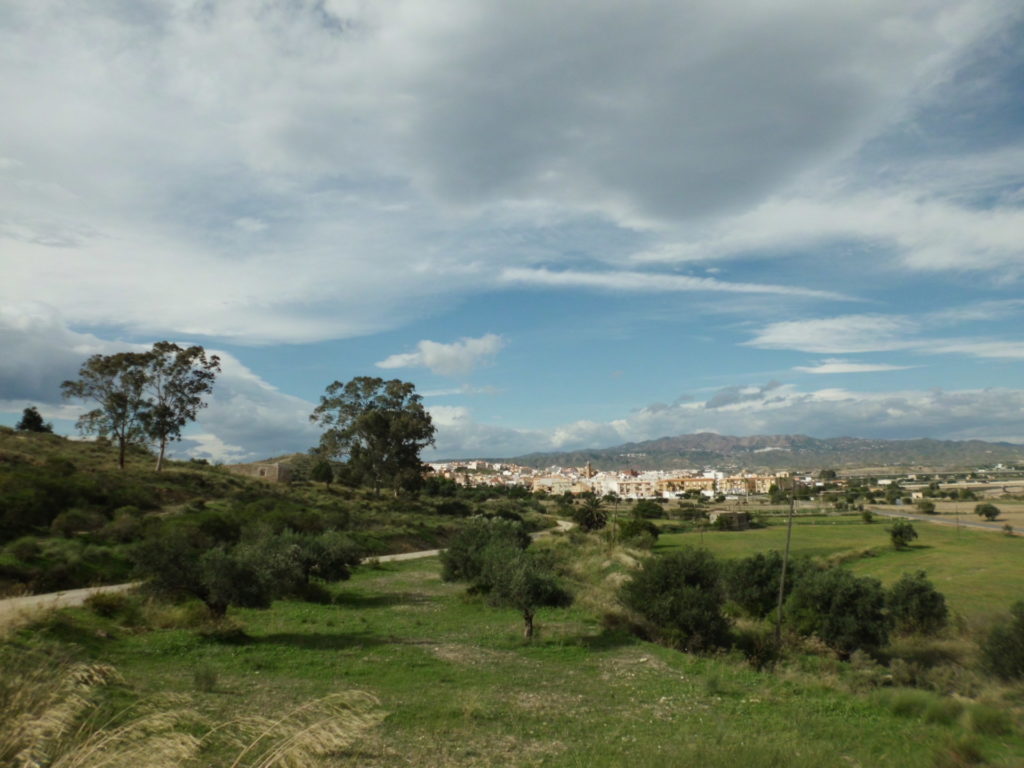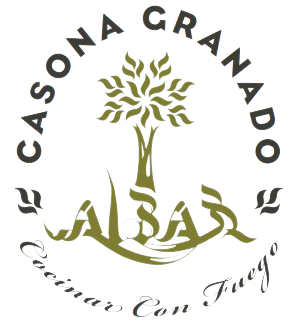Our Story
Albar - Our Story
Displayed within the elegant simplicity of the restaurant, the colcha of El Pilar is a striking and vibrant feature, speaking of the many creative ways in which the community works together. By showcasing the richness of the area’s culture, Albar is providing opportunities for the villagers to sell their crafts, from special commissions of their larger works to the small, individually made glass-toppers used by the restaurant in the heat of summer.
When Abar hosts events, the many and varied talents of the local population really come into their own. A traditional choir celebrates in the village square. A team of dancers and musicians revives and performs the old dance tradition of the area. A group of local girls performs synchronised flamenco dance. Sherry is spectacularly and expertly served by a ‘venenciador’ straight from the barrel. Flower arrangements are made in the community hall. Specialist caballeros provide a beautifully decorated horse for a bride to ride to her wedding. A neighbouring farmer appears with greens to sell for the restaurant’s evening meal.
When Clayton purchased the house for his family a decade ago, it had stood derelict for many years and showed little sign of its previous life as a thriving tapas bar. But, as a highly successful chef, he was the ideal candidate to transform the property. After extensive work, and with the help of his neighbour Jose Ramon Aliada’s small building firm, the big old house, or casona, has been restored and extended using a blend of traditional and contemporary design.
The finished building is a dramatically stylish space encompassing sweeping picture windows shaded by orange trees, which frame the Atalaya, a peak of the beautiful Filabres mountains. A graceful patio with an ancient well and a koi carp pond leads visitors to the outside dining terrace.
The enthusiasm that the emergence of Albar has generated in the community is leading to further developments within the village. These include discussions among local and regional authorities about redeveloping an existing children’s playground next to the restaurant, and negotiations with El Pilar’s mayor about the possibility of creating a dedicated piece of land for looking after livestock. These features would enhance village life, as well as providing further incentives for families from nearby towns such as Almeria and Vera to come for a day out in the country to enjoy the charming village of El Pilar and its beautiful surroundings.
Albar brings together the contemporary and the traditional, celebrating the changes in the region, whilst respecting and strengthening its roots.

At its heart is a true community enterprise, set to give the local economy a much needed boost, bringing not only financial opportunities, but renewed pride and energy to a robust community.
Albar isn’t an ordinary restaurant with rooms, and it is concerned with more than ambiance and food. It is at the heart of the regeneration of a village and its surrounding area.
When Clayton Morley, an entrepreneurial resident of the tiny Andalucian village of El Pilar, decided to fulfil his dream of converting his ancient house into a restaurant and casona, he didn’t realise he was paving the way for a recession-busting revitalisation of the community. That is, until a group of local elders, headed up by the mayor, decided to join forces with him.
Rightfully proud of its heritage, El Pilar is a charming white mountain village tucked away in the foothills of the Sierra de los Filabres, north of Almeria.
As in all of rural Spain, many local people still use traditional methods in their farming, craftwork and cooking, and there is a strong sense of community co-operation and social wellbeing. From the start Clayton and his wife Rachel wanted to draw from the knowledge and values of the local community and to support those still maintaining their traditional skills. It is these values and skills that the group of elders had in mind when they approached Clayton with their contributions to the ethos of Albar.
El Pilar is home to around 80 people for most of the year, with the population swelling to about 240 in the summer months. As with most rural communities in Spain, many members of these families have left their roots in order to earn a living wage in the cities, returning to their home place only at holiday times. As a result, the village of El Pilar is home to an ageing population, with few prospects for the younger generation. This is why they are so excited at the prospect of bringing new life and opportunities to their home. In an increasingly multi-cultural region, the villagers have no doubt of the importance of their traditional methods and values, but need a way to give these traditions new life and focus. The villagers began offering suggestions, recipes and crafts. Much of Clayton’s menu is based on time-honoured local cooking methods and locally produced ingredients.

Through the community’s cooperative venture, Albar is provided with herbs, fruit, cheese, meat, honey, oil, and eggs produced by the villagers, and has an agreement with local farmers, who grow organic vegetables specifically for the restaurant.
Albar also supports local fine artists and the craftspeople of the village. Many of the local women belong to a sewing cooperative, making a host of richly coloured traditional wares and bringing a new dimension to the restaurant setting. Central to the story of Albar is a beautiful quilt, or colcha, made by the women using a rare and time-consuming method traditional to the village, in which hundreds of squares of brightly coloured fabric are folded and sewn together into a large heavy quilt, which would have offered warmth in the winter in the days before central heating.




